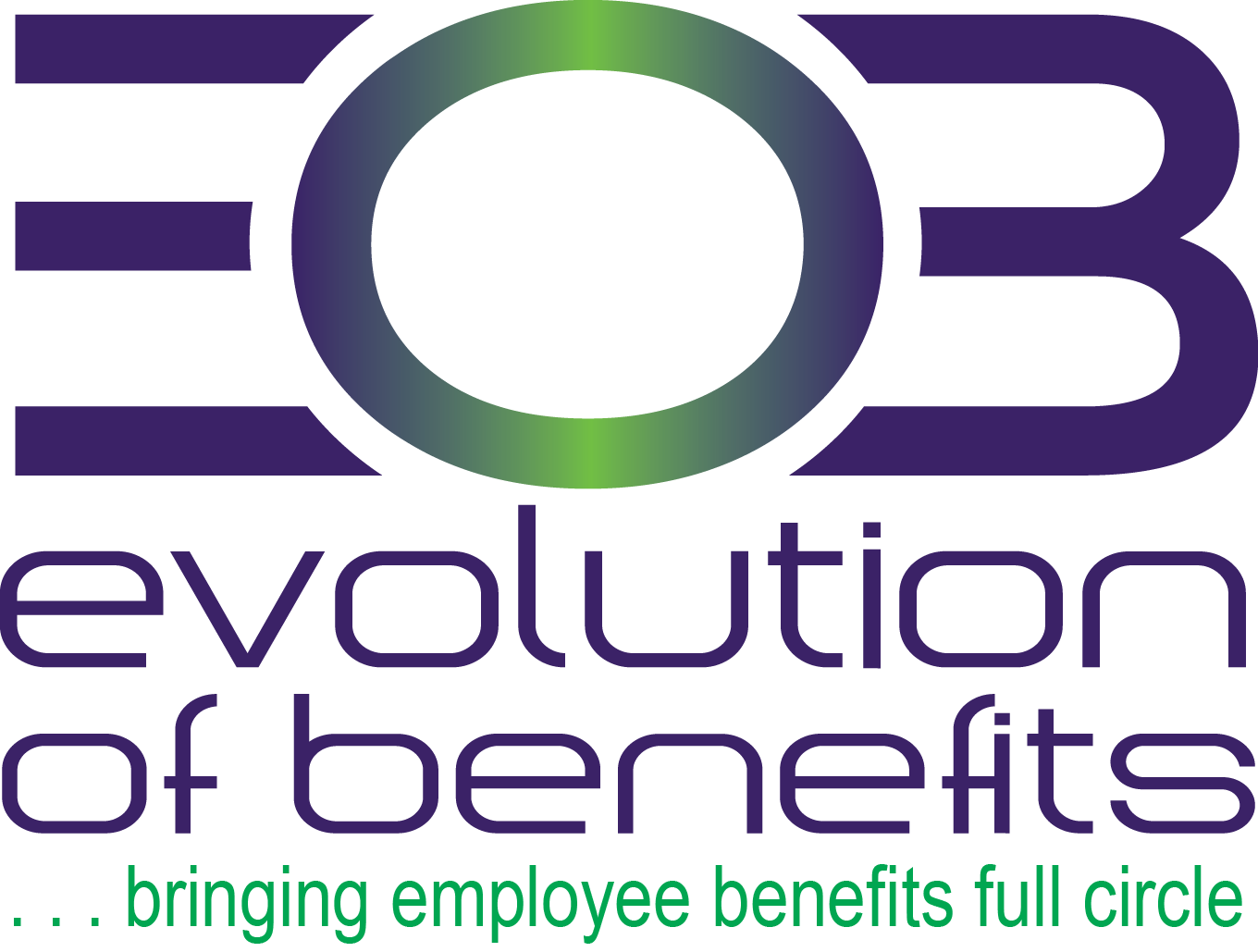Infographic – May 2022 is Mental Health Awareness Month

An individual’s mental health—how one thinks, feels and acts—can change over time due to factors like workload, stress and work-life balance. With 1 in 5 American adults experiencing mental illness each year, it is apparent that mental health matters.
May is Mental Health Awareness Month, but prioritizing mental health is essential year-round—especially during the pandemic. In fact, mental health in the United States continues to worsen as the pandemic persists. Feelings of loneliness and isolation contribute to increased anxiety, depression and suicidal ideation, especially among youth and young adults. Although record levels of anxiety and depression are being reported, the mental burden of the pandemic has fortunately enabled more transparency and empathy around mental health.
Live Well, Work Well – Elevating Your Psychological Resiliency

Psychological resilience refers to the ability to mentally withstand or adapt to uncertainty and adversity. Building resilience to life’s inevitable changes and challenges can help you cope with and manage stressors. Resilience can also help protect you from various mental health symptoms. As the pandemic rolls into year three, health care professionals are noticing stress and anxiety developing into greater mental health concerns. Mental Health Awareness Month, observed annually in May, is a great time to check in on your feelings and thoughts.
Psychological resilience can help positively stabilize mental health during the COVID-19 pandemic.
Protecting Your Vision
- Get a regular exam.
- Wear protective eyewear.
- Put your shades on.
- Don’t smoke.
- Give your eyes a break.
View and download the latest Live Well, Work Well newsletter
What Long COVID-19 Means for Return-to-Work Plans

Most of the United States is now open for in-person business, and mask mandates have mostly gone away. This can make it seem like the COVID-19 pandemic is no longer a concern, but that may be wishful thinking. In fact, business leaders caution that COVID-19’s lingering effects may continue to disrupt workplaces now and into the future.
This article explains how long COVID-19 may impact employers as they return to in-person operations.
- Long COVID-19, Explained
- How Long COVID-19 May Disrupt Workplaces
- Employer Actions
Health Experts Warn COVID-19 Cases May Rise Due to New BA.2 Variant

COVID-19 cases have trended down in the United States since a peak of infections in January 2022, according to the Centers for Disease Control and Prevention (CDC). Now, health experts warn of a potential uptick of infections in the coming months due to the emergence of BA.2—a new variant of Omicron, which was the leading variant causing COVID-19 cases during the coronavirus pandemic’s spike in infections this winter.
“The variant has been in the United States for about the past two months and it has been slowly increasing in proportion compared to BA.1 [Omicron].”
—CDC Director Dr. Rochelle Walensky
For more information:
HR’s Role in Preventing Cyberattacks

Cyberattacks are a growing concern for employers across the globe but especially for those in the United States. According to the Identity Theft Resource Center, the number of reported U.S. data breaches rose 68% between 2020 and 2021, increasing to a record-setting 1,862 incidents. Of these breaches, 83% involved sensitive information, such as Social Security numbers.
Cyberattacks aren’t going away any time soon. In fact, they’re likely to increase. According to the Identity Theft Resource Center, ransomware-related cyberattacks have doubled during each of the last two-year periods. This means now is the time for employers and HR teams to prepare for eventual cyberattacks by training employees and solidifying contingency plans.
- Understand the Risks; Have a Backup Plan
- Develop Cyber Training and Contingency Plans
- What data has been impacted?
- How sensitive was the data (i.e., does the breached data include addresses, Social Security numbers or banking information)?
- What is the employer’s obligation to report the data breach (i.e., sometimes customers, employees, the government or all the above need to be notified)?
- Based on the type of data breach, how quickly must the incident be reported to applicable parties?
- Assess a Breach and Be Responsive to Employees
Infographic – April 2022 is National Autism Awareness Month

Autism spectrum disorder (ASD)—or autism—is a broad term used to describe a group of neurodevelopmental conditions typically characterized by differences in communication and social interaction.
April is National Autism Awareness Month and aims to help you learn more about the fastest-growing developmental disorder in the United States. According to the Centers for Disease Control and Prevention, 1 in 44 children has autism, and more than 5 million young people and adults have been diagnosed with ASD. Today, autism is usually diagnosed in early childhood, explaining why autism rates in children are generally higher than those in adults. There isn’t a cure for autism, as it’s a lifelong condition. Still, an early diagnosis can improve the quality of life for those with autism and positively impact their careers and relationships.
Live Well, Work Well – Nip Seasonal Allergies in the Bud

More than 50 million Americans suffer from allergies every year. In particular, springtime allergies are an annual nuisance for many people. As plants begin to bloom and neighbors start to cut their grass more frequently, allergy sufferers nationwide start sniffling and sneezing. What’s more, mold growth blooms both indoors and outdoors, making it almost impossible to escape allergy triggers.
Allergies are the sixth leading cause of chronic illness in the United States, according to the American College of Allergy, Asthma and Immunology.
Alleviating Seasonal Allergies
- Wash your bedding every week in hot water to help keep pollen under control.
- Wash your hair before going to bed since pollen can accumulate in your hair.
- Limit the number of throw rugs to reduce dust and mold in your home.
- Wear an inexpensive painter’s mask and gloves when cleaning, vacuuming or painting to limit skin exposure and dust and chemical inhalation.
- Vacuum twice a week.
- Make sure the rugs you have are washable.
- Change air conditioning and heating air filters often.
View and download the latest Live Well, Work Well newsletter
President Biden Urges Employees to Return to the Office

Recently, President Joe Biden urged employers to bring back workers into the office. During his remarks, Biden noted that with COVID-19 vaccination rates up and hospitalizations down, most Americans can remove their masks, return to work and move forward safely.
“Because of the progress we’ve made in fighting COVID[-19], Americans can not only get back to work but they can [get] going to the office and safely fill our great downtown cities again.” President Joe Biden
For more information:
Tips to Save on Gasoline Costs

Gasoline prices have soared across the country, causing many motorists to feel the pinch as they fill up their vehicles. Fortunately, there are several steps that drivers like you can take to boost fuel efficiency and cut costs at the pump. Consider these tips to help minimize gasoline expenses.
- Drive safely.
- Check your tires.
- Prioritize maintenance.
- Avoid drag.
- Give the air conditioner a break.
- Combine trips.
The Biden Administration Announces New Actions to Address Pay Equity

On Tuesday, March 15, 2022, the Biden administration announced steps to advance pay equity and promote women’s economic security.
According to a White House fact sheet, the administration announced that it is taking actions to:
- Advance pay equity for the federal workforce.
- Promote efforts to achieve pay equity for job applicants and employees of federal contractors.
- Strengthen pay equity audits by federal contractors.
- Ensure equitable access to well-paying jobs.
- Address discrimination against caregivers.
For more information:




















